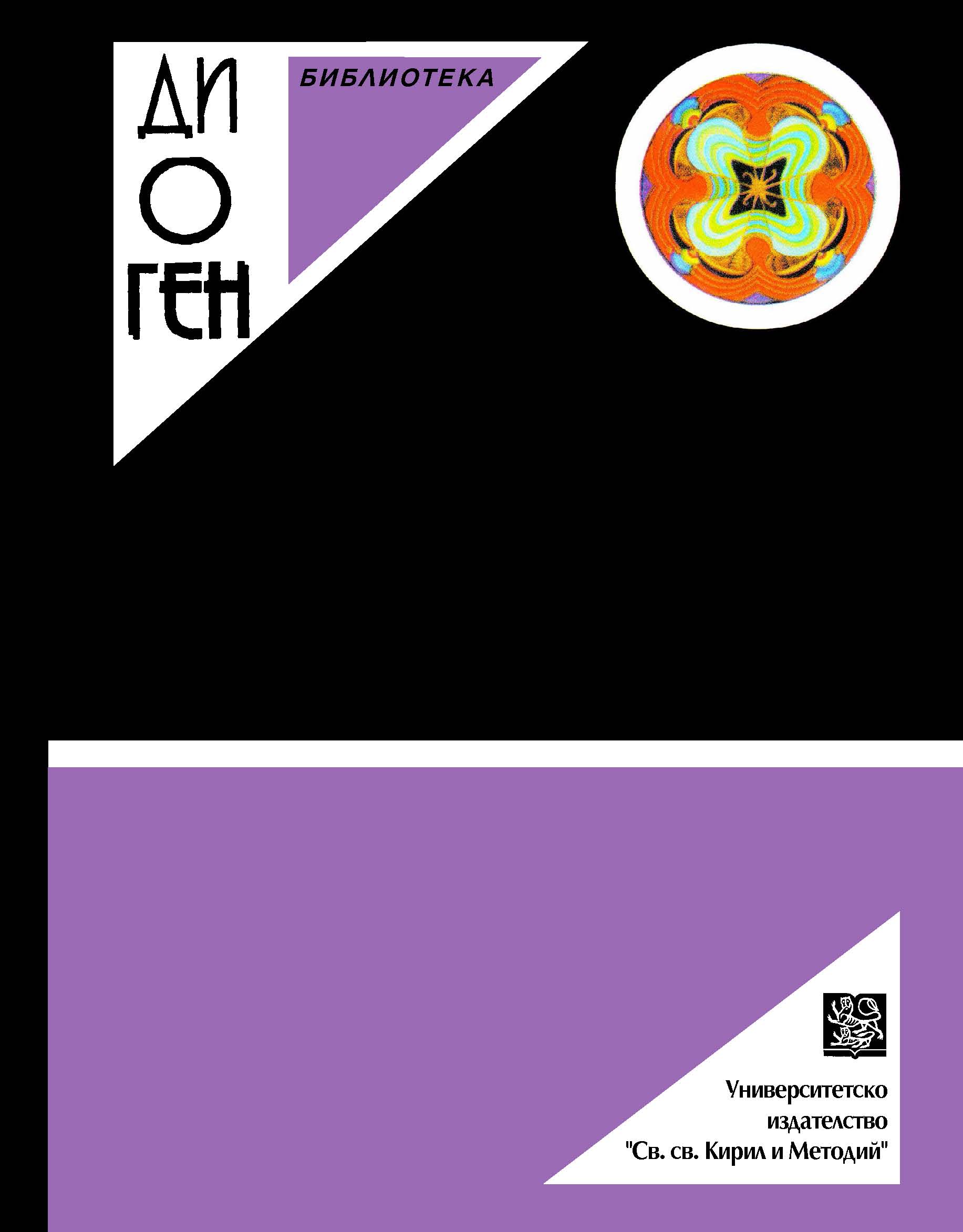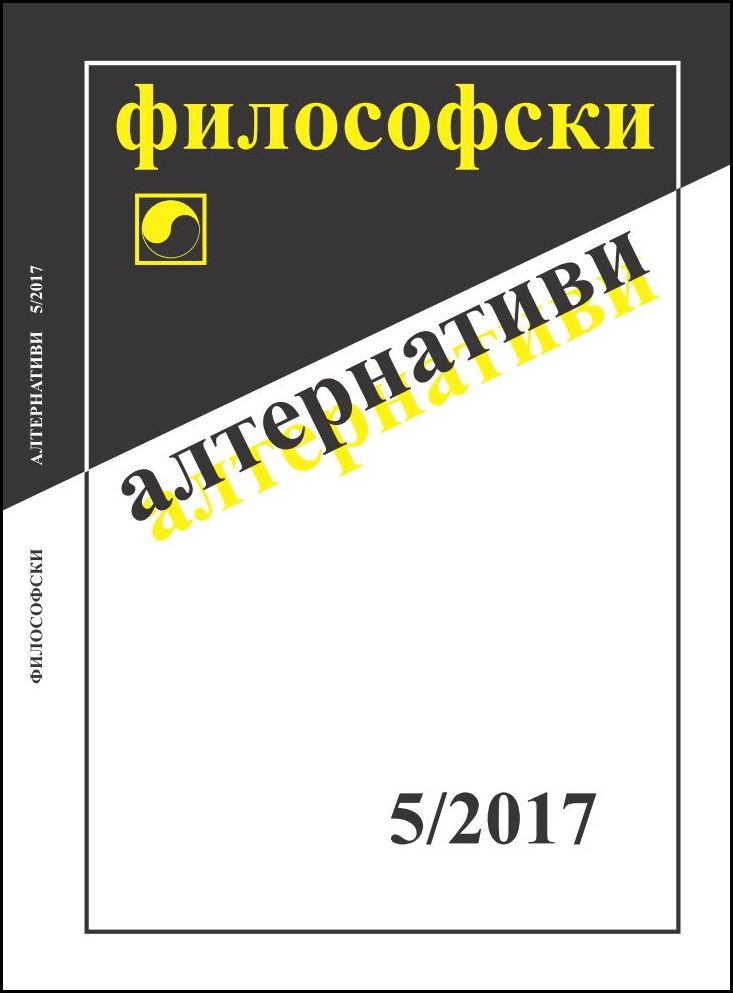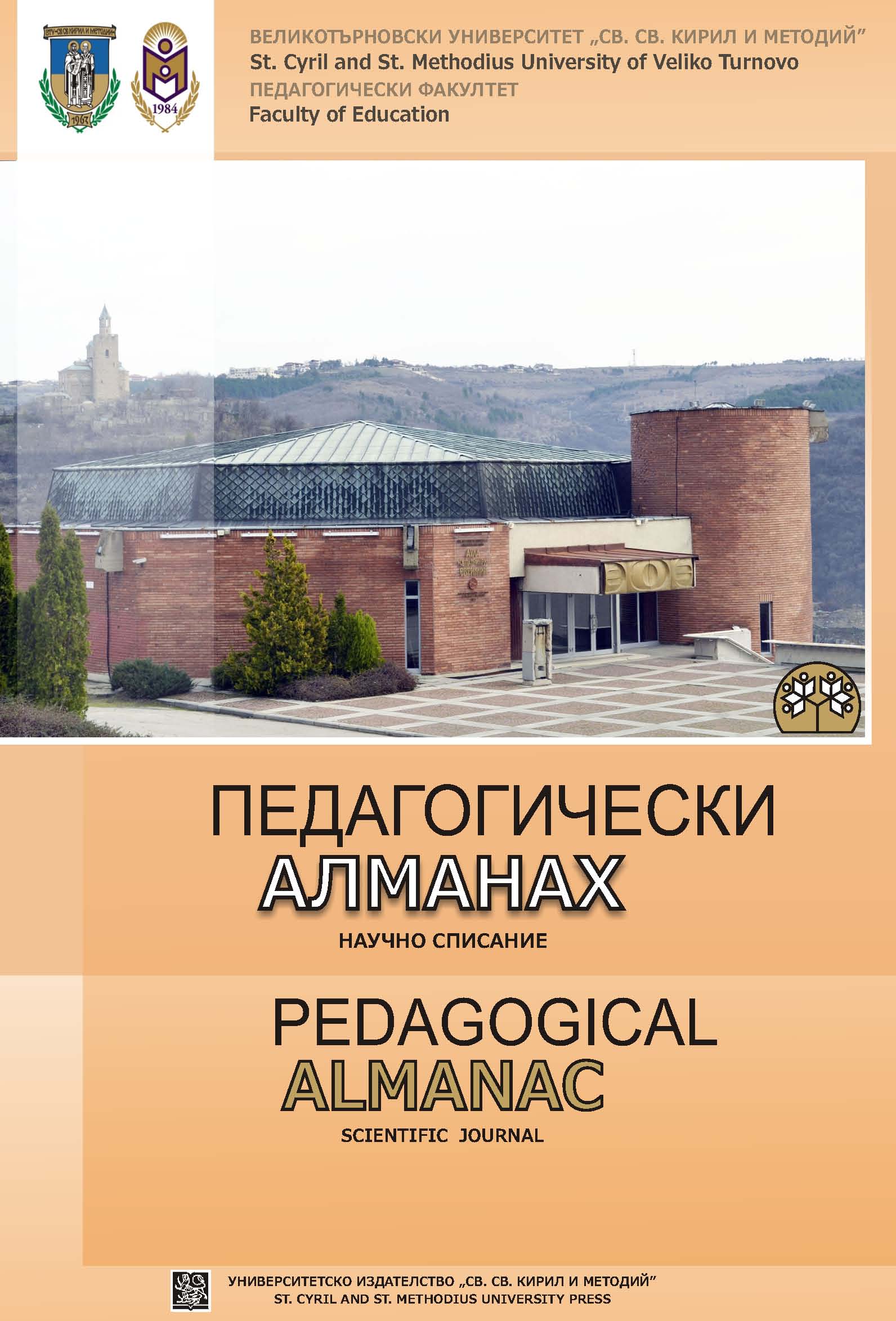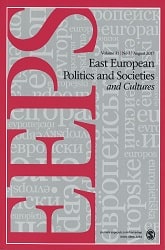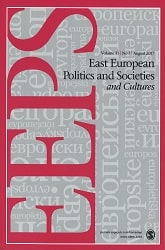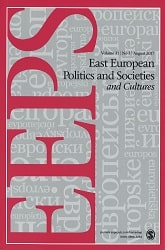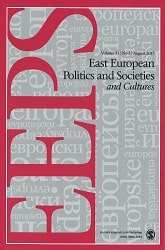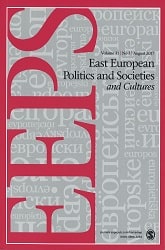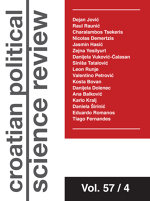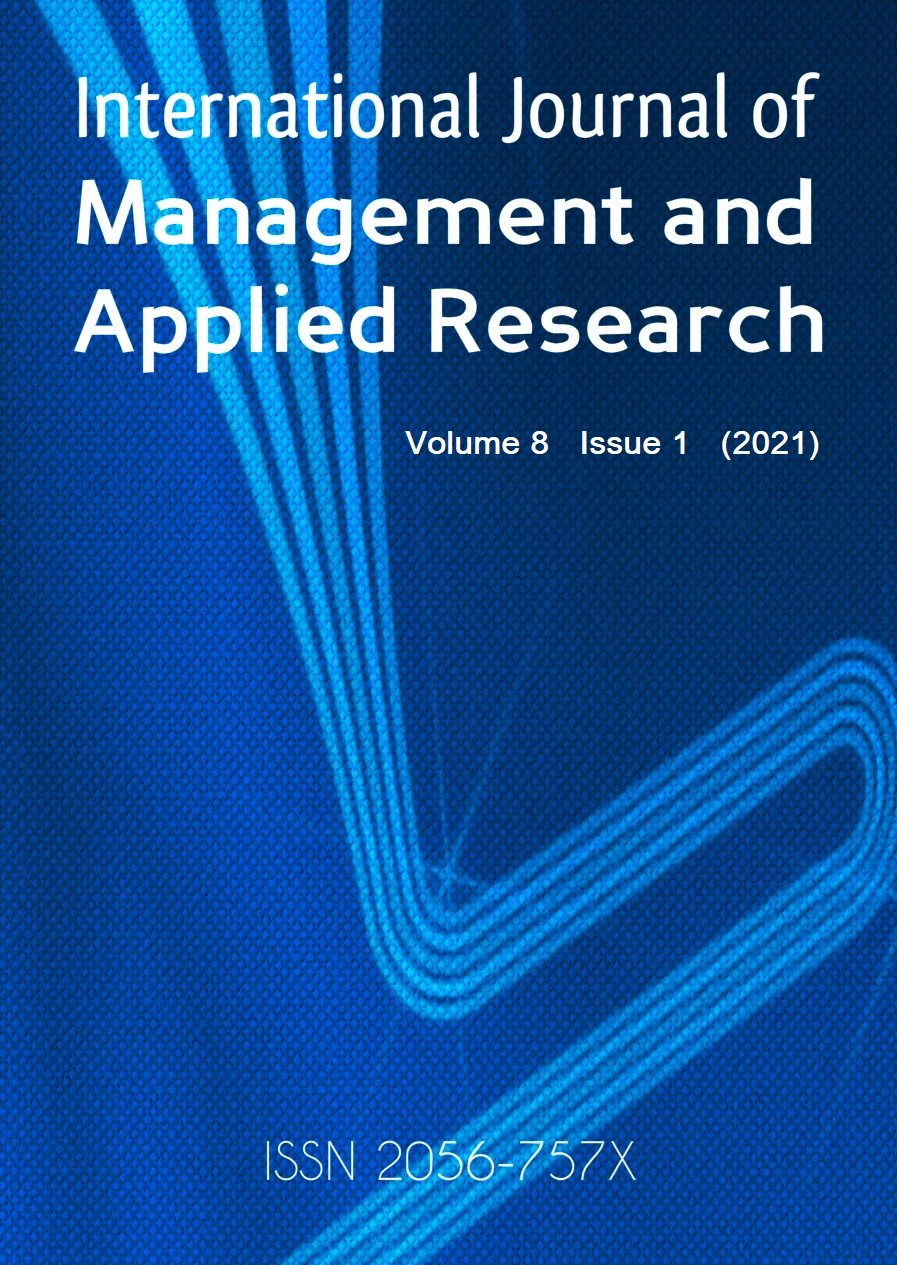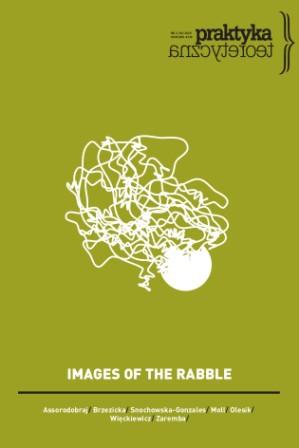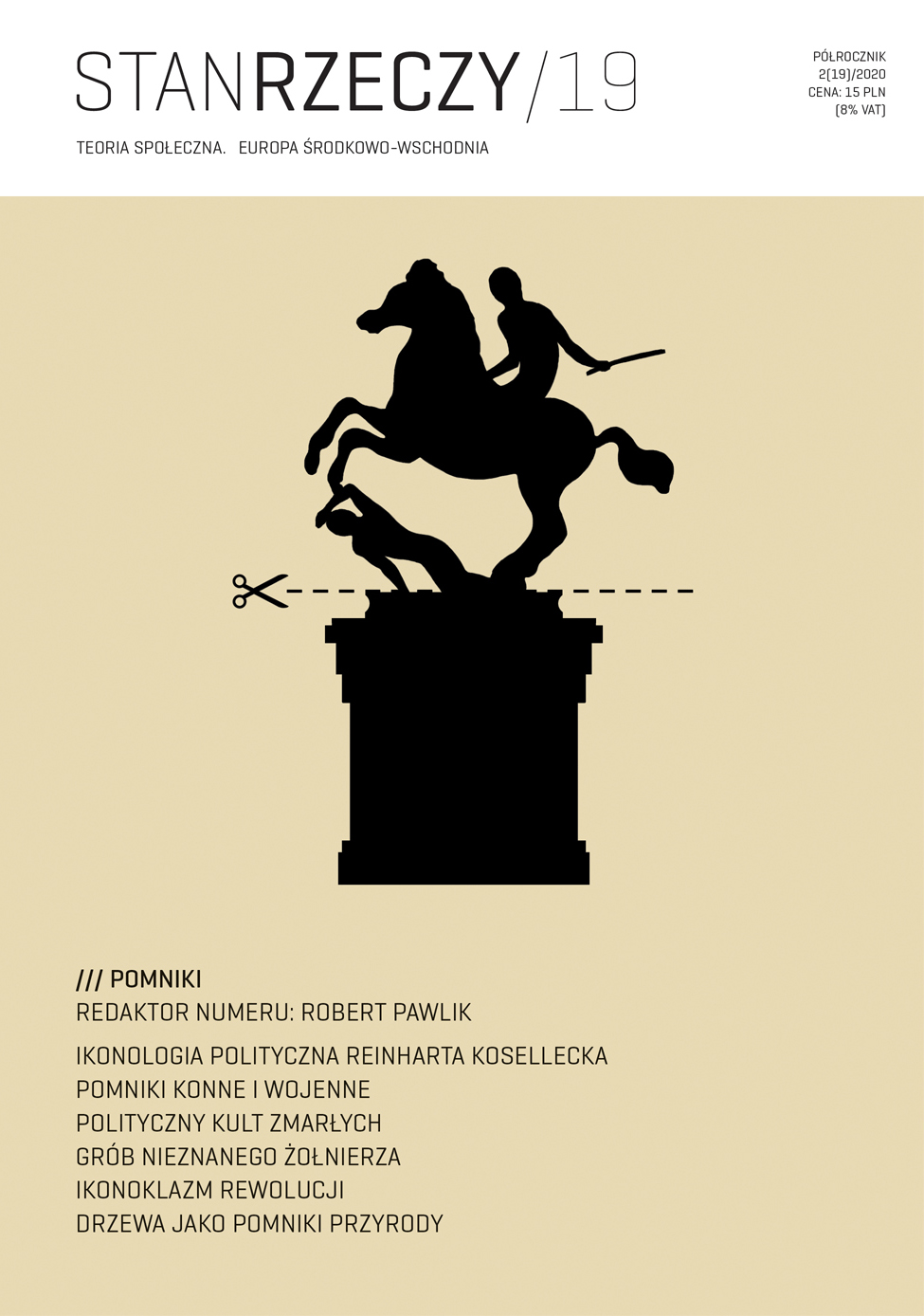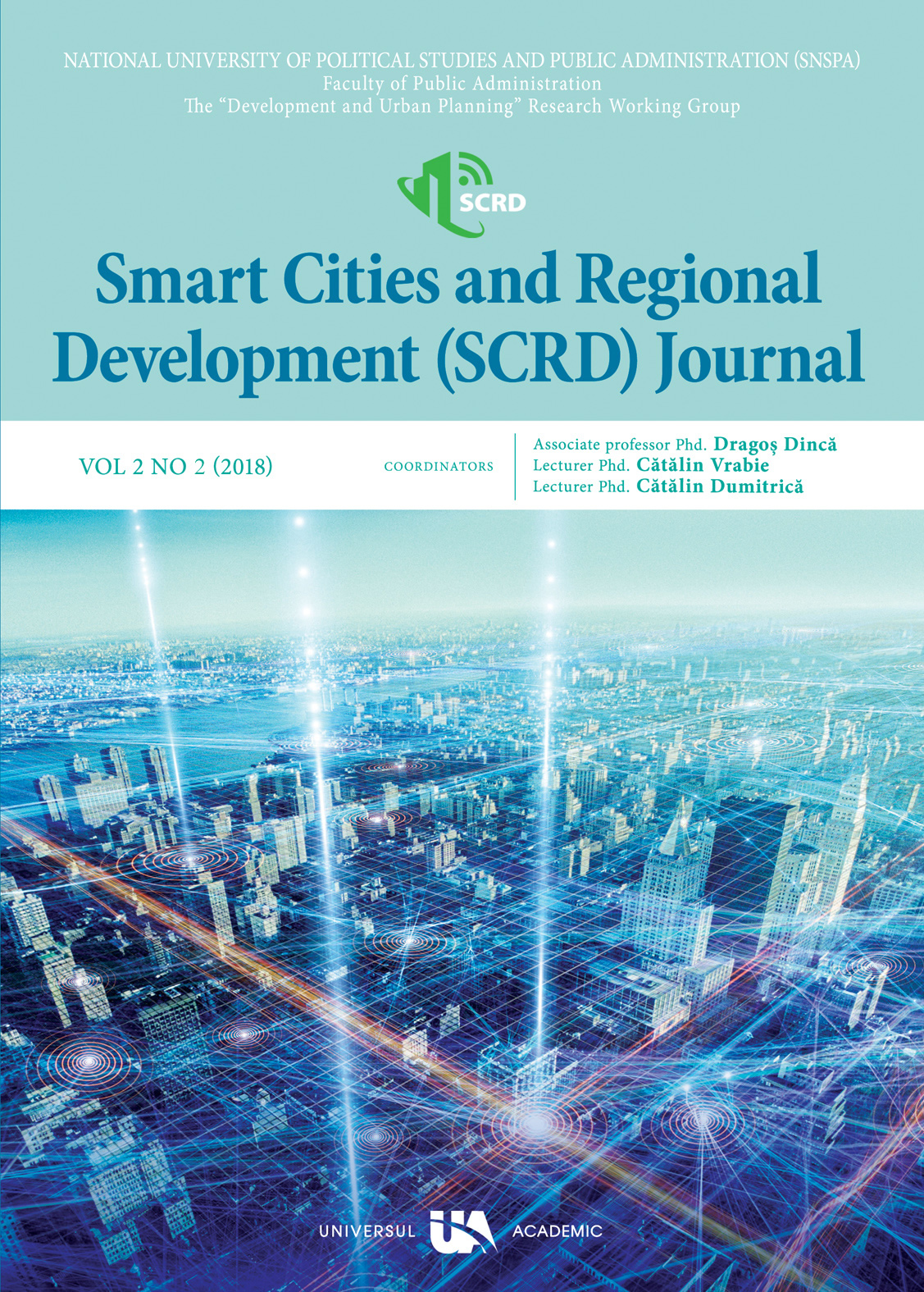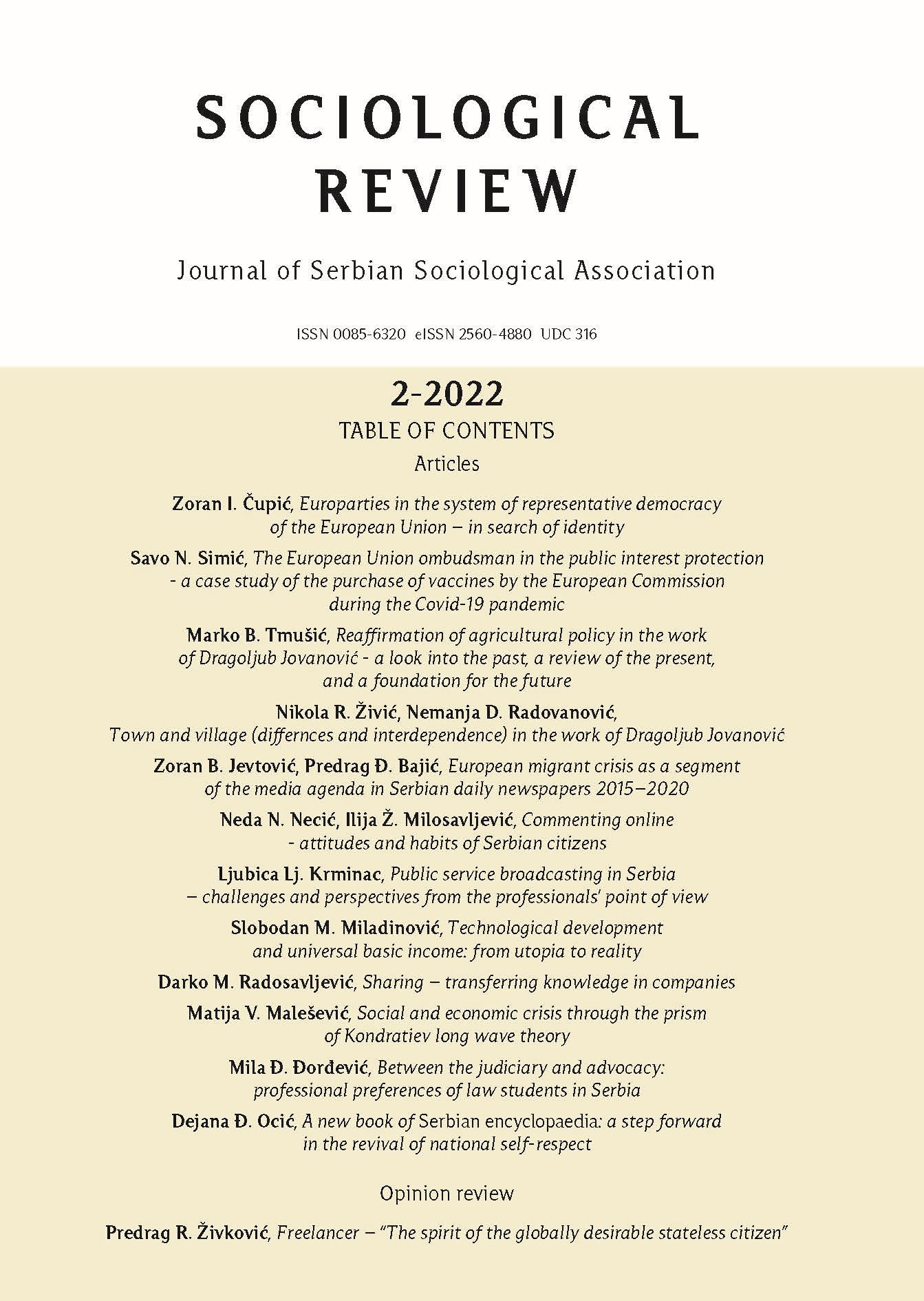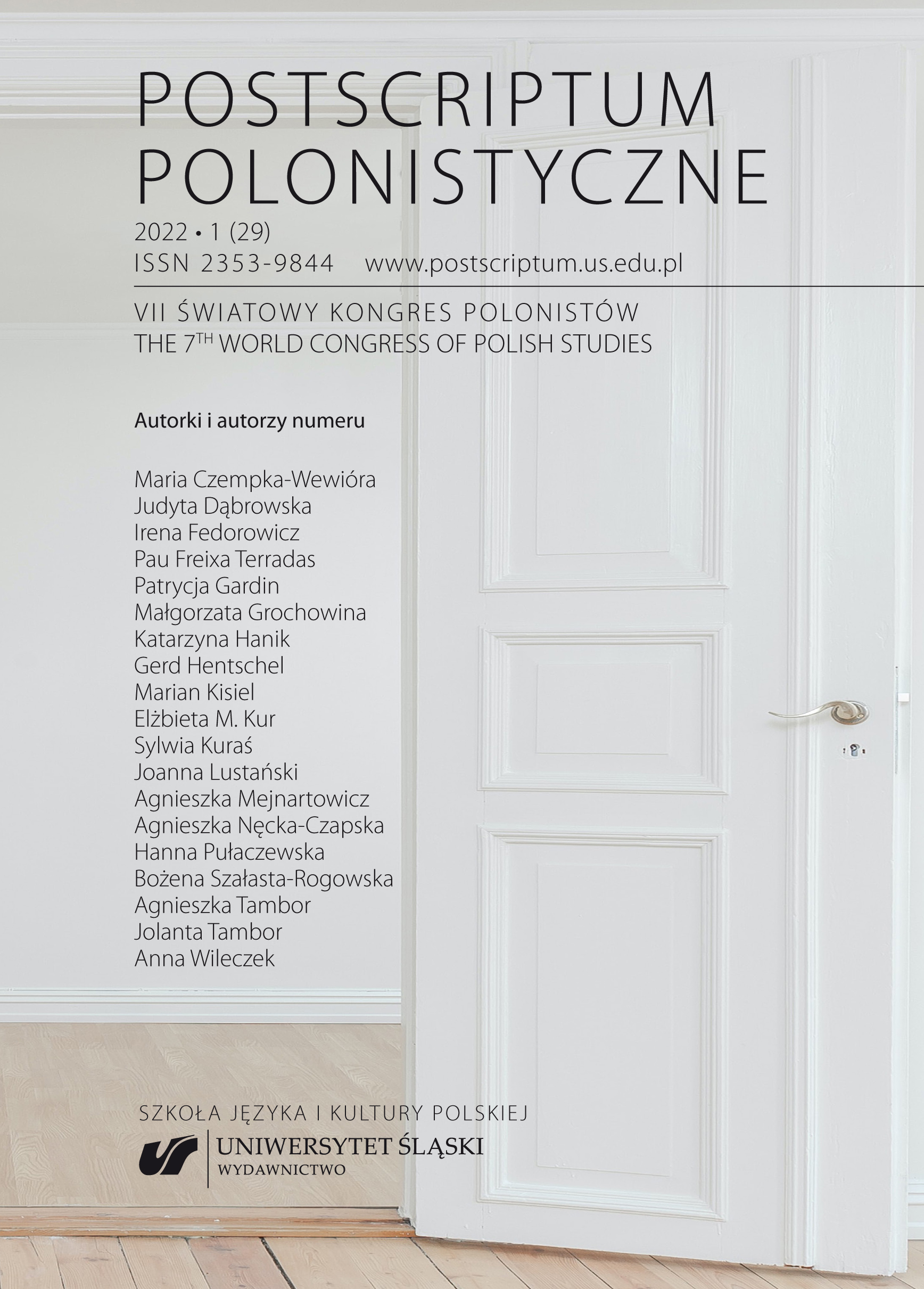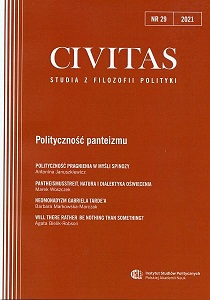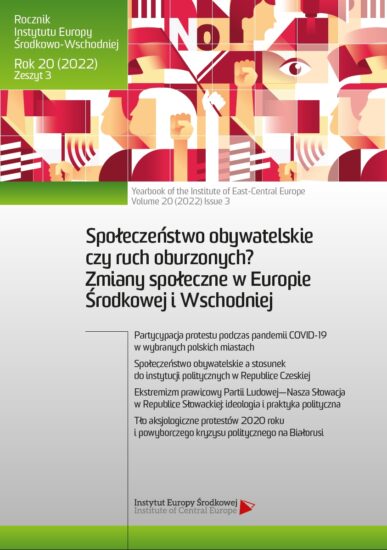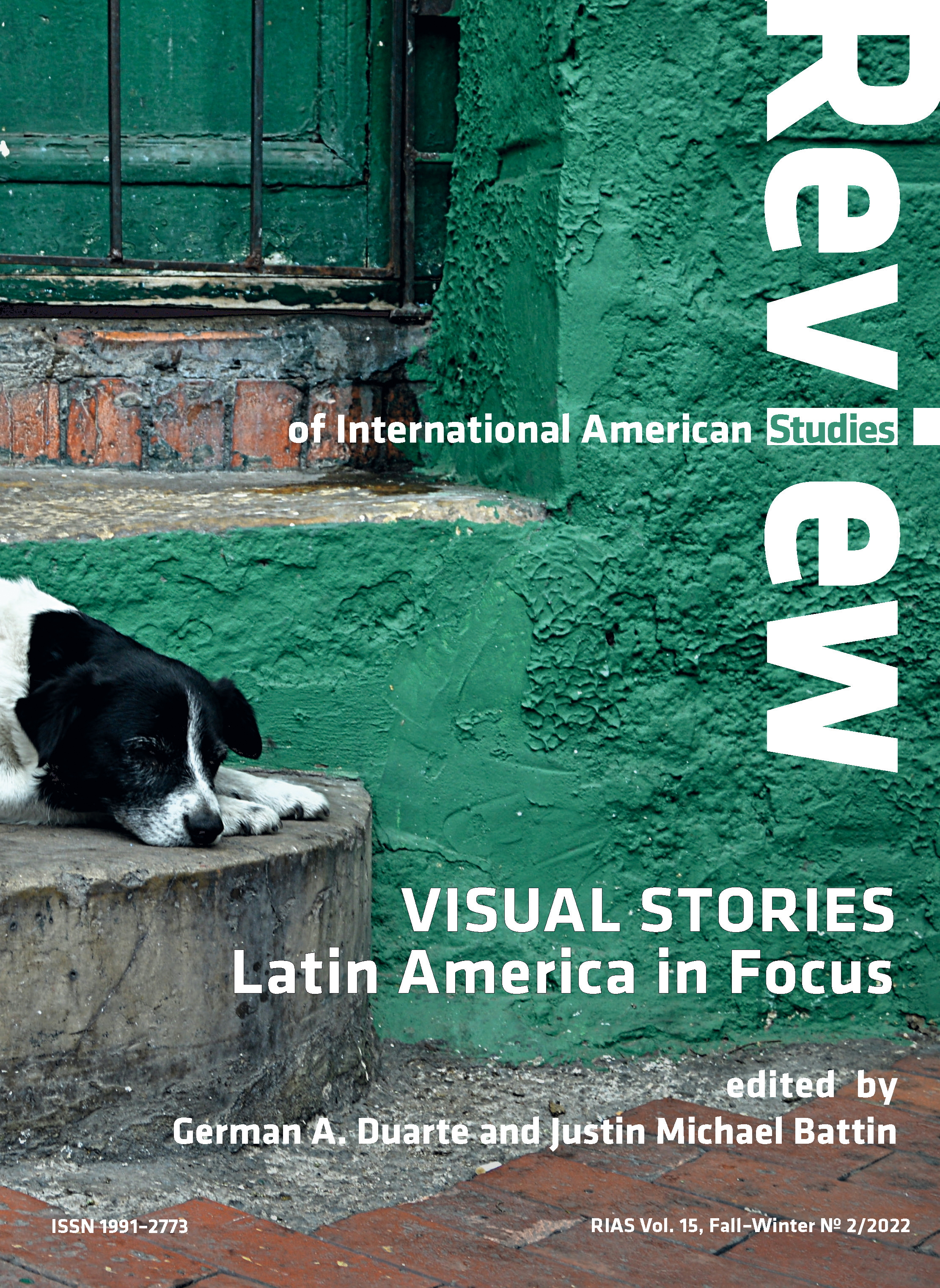Author(s): Gerd Hentschel / Language(s): Polish
Issue: 1/2022
Traditional dialectology is developing more and more into historical dialectology, not only in Poland, for the reason that in many parts of the country vernaculars are disappearing more and more. Traditional dialectology describes the situation from several decades ago. Today’s speakers of vernaculars are very frequently “multi-codal”: they are also fluent in the general language. This means that, on the one hand, the usage of vernaculars and general language depends on social criteria, including situational factors, and on the other hand that spoken vernacular, if it persists at all, changes under the influence of the general language: usually, vernacular and general language are mixed, which is also influenced by social conditions. Younger representatives of Polish dialectology today express the view that (contemporary) dialectology functions de facto as a sub-discipline of sociolinguistics.
The study argues that dialectology, which in its earlier phase was concerned with the search for ancient tribes or historical principalities, must partly move away from its old focus on vernaculars in the village, similarly to how the much younger sociolinguistics has moved away from its original focus on the linguistic behaviour of social classes. What unites both disciplines is that they study variations “within a language”, with sociolinguistics foregrounding social conditioning and dialectology territorial conditioning. If the current linguistic situation in modern, dynamic societies is to be captured, then one cannot do without the other. Since the methods and theories in sociolinguistics have developed enormously over recent decades, dialectology can profit more from sociolinguistics than vice versa.
Using the vitality of German loan words in the current regiolect of Silesian as an example, quantitative procedures are used to show how such a dialectology could look, even in a largely urban and therefore dynamic society. The focus is on speakers’ multicodality in different social contexts. If, for example, synonymous lexical pairs exist in typical Silesian speech (here a Silesian Germanism and a general Polish “Polishism”), the isogloss becomes worthless as a central instrument for territorial distinction. The question is no longer where people say “a” or “b”, but with which frequency each element of such pairs is used in various positions in the material collected. Such differences in the frequency of usage can then be mapped for individual phenomena and larger territorial divisions of linguistic structural affinities can be abstracted from the individual maps, taking the place of conventional dialects.
More...
